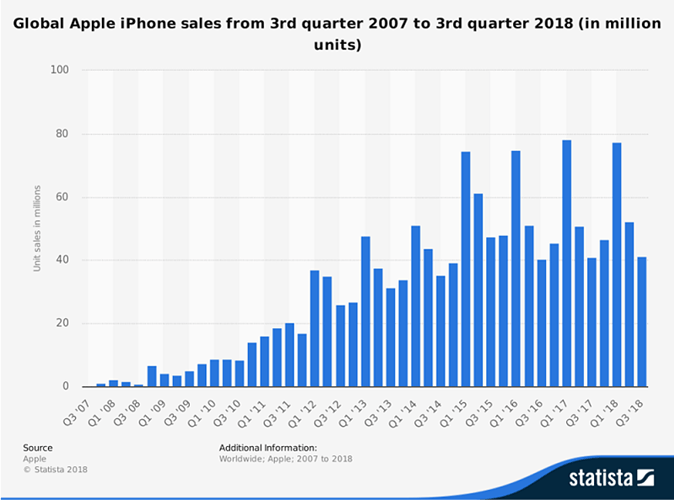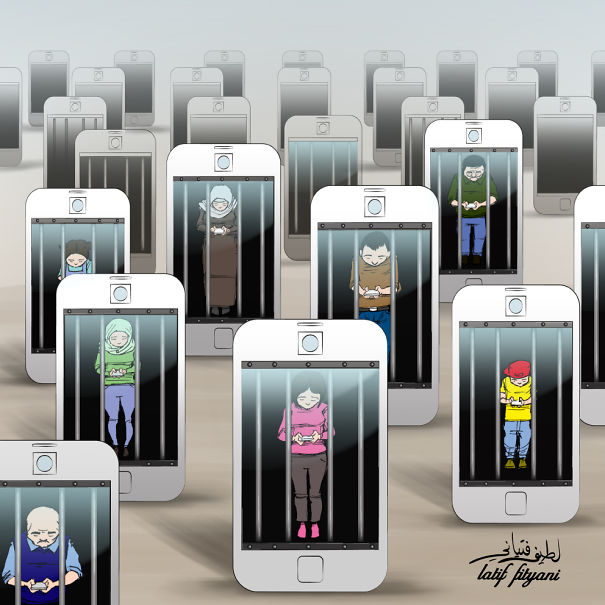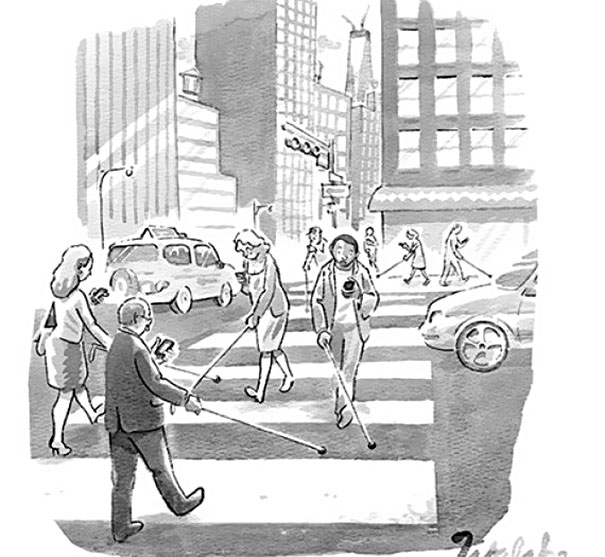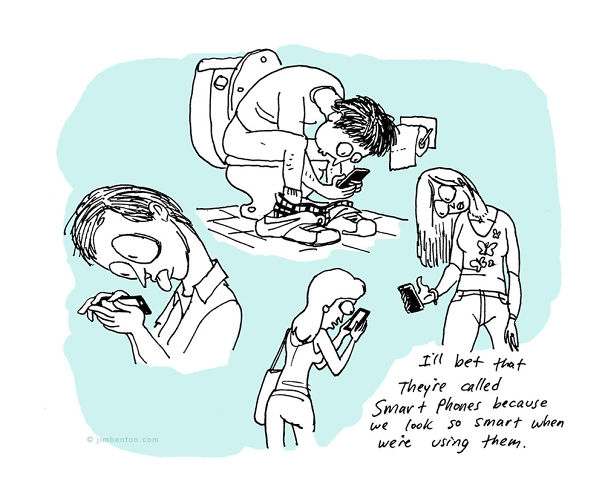I used to be cynical about the ideas that come up, in the myths and in books like New Avatar Power for example, that times existed when humans had greater powers and yet they got lost - basing my paradigm on the era that started in about 1850 in the west, the scientific era where everything’s logged and noted, and “progress” is almost always “forwards” I found it hard to credit that people would let something so amazing slip away.
Then I started following the discovery that in the past, nobody slept for 8 hours a night, and nobody slept continuously - and, they even had well-established and known routines and expectations for the waking period that they EXPECTED to happen after an initial 3 or 4 hours of sleep.
You can read more about that story here on the BBC, and the core of it is that endless amounts of literary evidence, plus the experience of pre-indisitrialised tribal people living today, show that segmented sleep is NATURAL for us all, and only fell out of favour in the era when indoors lighting and an industrialised working pattern were imposed on us all.
So, score 1 for humans being idiots and forgetting natural stuff - doubly so because the need to sleep 8-hours solid has led to unknown prescriptions for knockout drugs, and for a lot of people, disruption of a body-mandated sleep rhythm leads directly to clinical depression, which is then also treated with a rake of pharmaceuticals, which then create side-effects that need their own treatment, etc… I actually know someone very well who ended his 20 year dependence on sleeping pills (to “cure” him of his pesky night-time waking) when he saw this information!
The idea of getting home, sleeping early then waking in the night has implications for our sex lives as well, which often fall apart when people let the pressures of work get in the way, chilling in front of TV because they’re too tired to make love yet have no concept of sleeping now, to wake later on, and that loss of intimacy underlies a lot of divorces, infidelity and general unhappiness, even fertility levels could be affected by this… the implications of this single act of social amnesia are staggering.
Act 2 of “what have we forgotten?” comes about from my investigation of cutting out all gluten containing foods - gluten is a protein that occurs in wheat, barley, rye, and related species of cereals, and it’s a mainstay of the post-agriculutural diet.
I found that cutting this out made me physically healthier in almost too many ways to count (my hair and nails grew stronger than they’d ever been is just one striking example) and the depression I’ve suffered from off and on for a lifetime - that kinda went.
Just, blew out the window and this was within a couple of months of meticulously eliminating gluten, but I felt much better within a single week.
I’d been brought up believing wheat, especially the whole-grain type, was a HEALTHY food, a positive thing to eat that would really make you thrive, yet my experience says otherwise in a very noticeable way (and so does that of millions of others globally - sub-clinical gluten intolerance causes a range of minor symptoms, and even things that don’t seem like “symptoms” at all - for example, I just assumed I had weak nails and quite brittle hair, and would never have sought out help for this).
Then I started to read about the possible harm the agricultural grain-based diet has been wreaking on us all, to a greater or lesser extent, and that made me wonder - did we trade in optimal health for these more reliably available calories?
Did the first humans to live off farmed grain notice a fall-back in their physical and emotional/psychological health, and is that the cause of some of the stories of a “golden time” when man lived as one with nature, not farming it (and then having the new necessities of total war, to defend the hard-earned harvests and granaries)?
Anyway here’s some well-researched stuff about how ALL grains have the potential for harm, I would encourage everyone to at least have a read, I used to be up with the majority that believes “I avoid wheat” was “I’m so precious” bullshit until I tried it myself, so I wish I’d kept more of an open mind, and I can only suggest anyone here might want to do the same?
There are some 60 years of research that directly link consumption of wheat to schizophenia, which you also won’t find in your morning breakfast cereal box: the research was triggered when the illness went in to remission for the mass of people when bread was less available during parts of WW2, and, most tellingly, there are reports of spontaneous remission in patients who stopped eating bread - the main source of gluten in the past, before pastas and breakfast cereals were promoted as healthy for us all…
So, to summarise, if we’ve actually as a society forgotten how to SLEEP in a healthful way that allowed for a whole period of quiet contemplation, sexuality, and creativity - if we’ve forgotten how to EAT food that doesn’t drive us crazy or insidiously wreck our ability to digest nutrients and build our bodies to their optimal health - what the hell else have we forgotten?!
I’m not so ready to dimiss the “In days of yore, the wonder-workers could fly, and men lived as gods” stuff any more, because right now someone’s popping a pill to cure something that was never an illness in the first place - just a case of collective ignorance and social amnesia.





